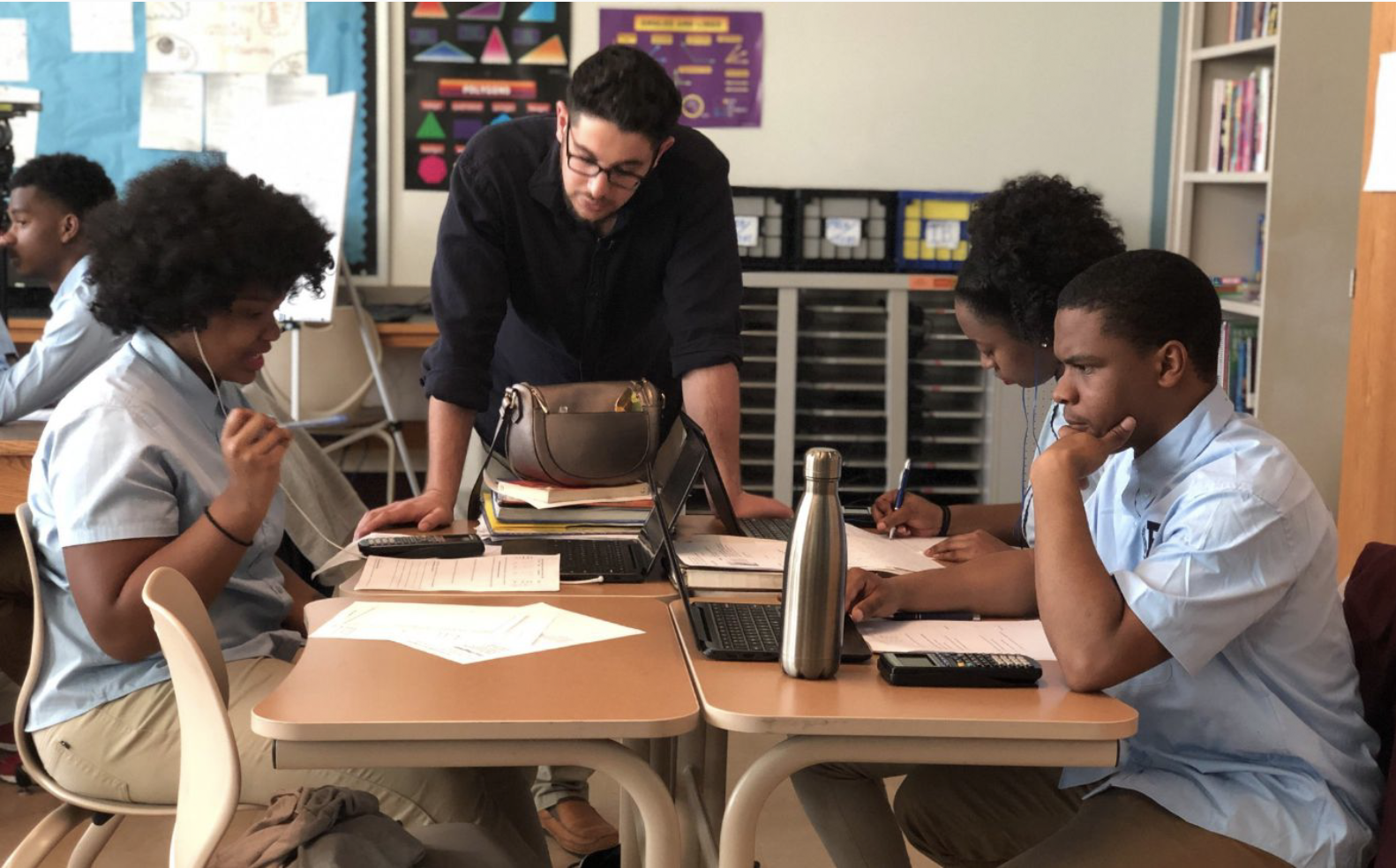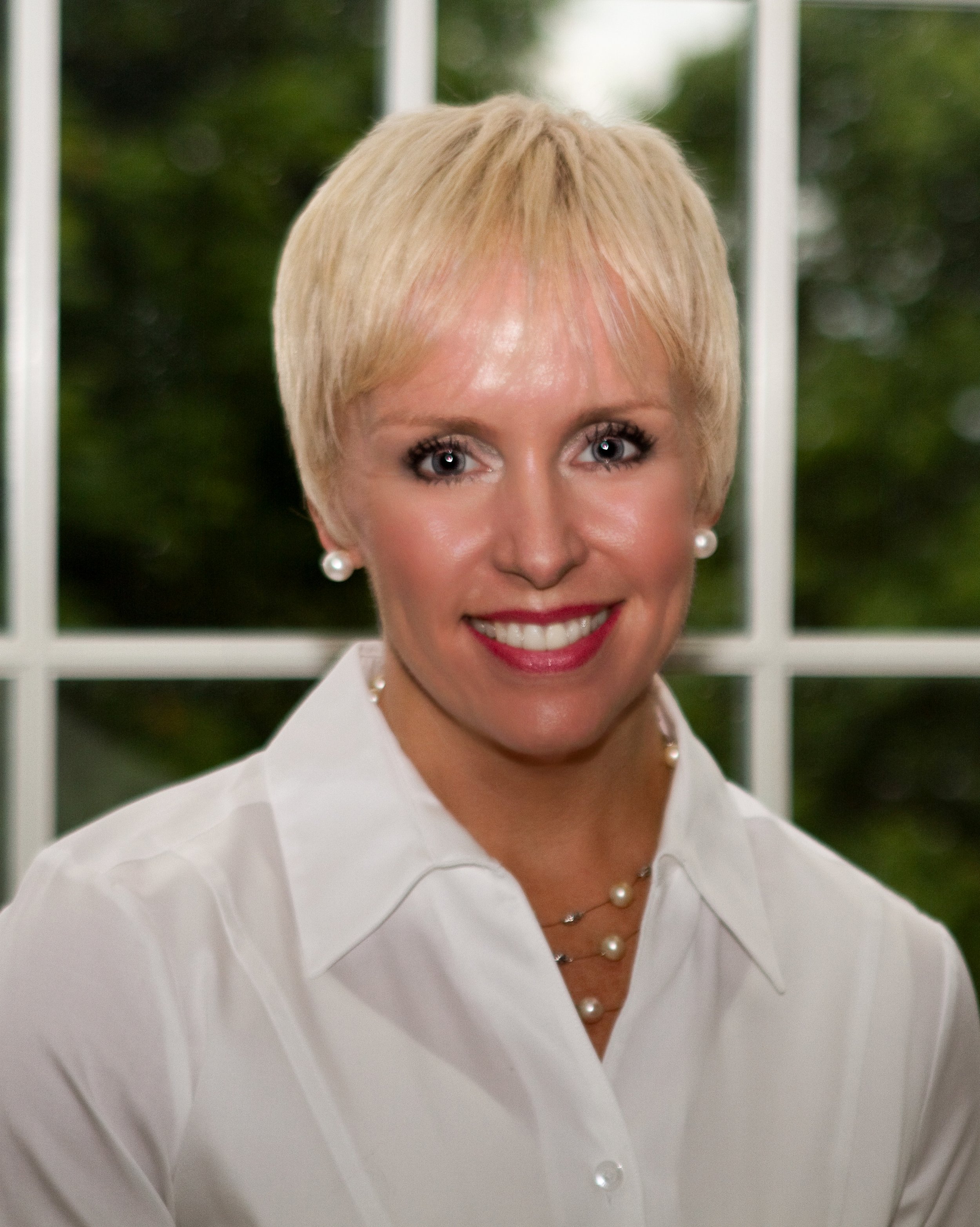There are more than 3.5 million educators in the US. They are the people that spend the most amount of time working directly with students. They are acutely aware of what does and does not work at the classroom level. Yet the vast majority of efforts to redesign education are expensive top-down reform efforts that often don’t lead to changes in classroom-level practice. If we want our education system to change for the better, educators need to be the leaders of innovation.
Kareem Farah, CEO and co-founder of the Modern Classrooms Project, hosts a conversation with Dr. Carmen Coleman, Chief of Transformational Learning and Leading at the Ohio Valley Educational Cooperative, and Thomas Arnett, Senior Research Fellow at the Clayton Christensen Institute, to explore how teacher-led innovation can lead to systems-level change.
Meet Our Guests
Dr. Carmen Coleman serves the districts in the OVEC region as the Chief of Transformational Leading and Learning. Prior to this role, she served as Chief Academic Information Officer for Jefferson County Public Schools, Associate Professor in the Department of Educational Leadership Studies at the University of Kentucky and co-director for both the Next Generation Leadership Academy and the principal preparation program. In addition, Dr. Coleman has served as Superintendent, Director of Elementary Schools, principal and teacher in a variety of district contexts. Her work has focused on transforming the school experience from one developed to meet the needs of the Industrial Age to a system that will equip learners for success in the world today. As Superintendent, her work was featured by the Harvard Letter, PBS NewsHour, Getting Smart and District Administration. She has worked with hundreds of leaders across Kentucky to inspire a different way of thinking about the learner experience and is now working to scale the benefits of deeper learning across the region for 155,000 students.
Thomas Arnett is a senior research fellow for the Clayton Christensen Institute. His work focuses on using the Theory of Disruptive Innovation to study innovative instructional models and their potential to scale student-centered learning in K–12 education. He also studies demand for innovative resources and practices across the K–12 education system using the Jobs to Be Done Theory.
Thomas began his work in education as a middle school math teacher in Kansas City Public Schools through Teach For America and as an Education Pioneers fellow with the Achievement First Public Charter Schools. He has also served as an elected trustee and board president for the Morgan Hill Unified School District in Morgan Hill, California, and currently serves as a member of the board of Compass Charter Schools in California.
Thomas received a BS in Economics from Brigham Young University and an MBA from the Tepper School of Business at Carnegie Mellon University.



